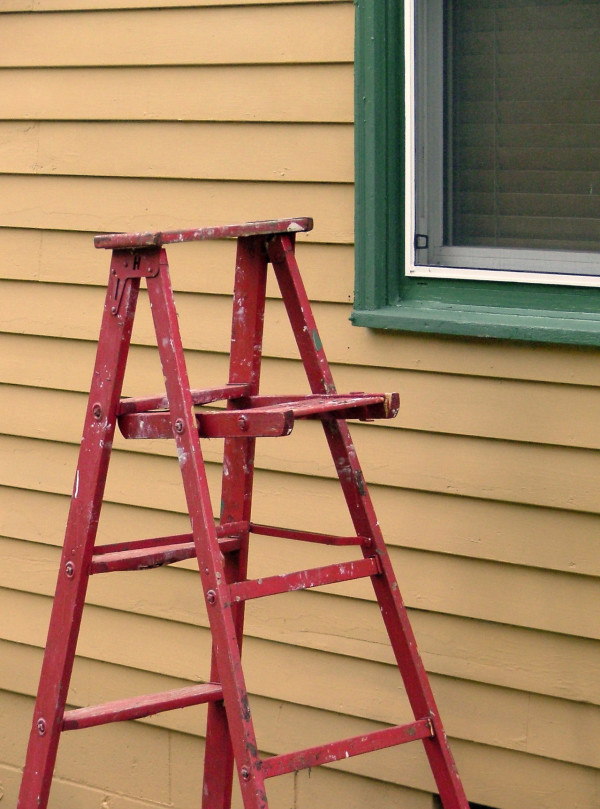- August 3, 2016
- Posted by: Liam Dai
- Category: Uncategorized

Insurance Is Not a Maintenance Plan
Got some rickety steps? Some shingles on the roof that are ready to come loose? While you may have a homeowners insurance policy that you feel is extensive, there are limits to your coverage. While your home’s condition is always in a state of flux, did you know that insurance doesn’t cover for common maintenance on your home? Insurance companies typically frown upon the old adage, “use it or lose it.”
Instead, homeowners insurance is designed for sudden and unexpected losses. If your home is constantly beleaguered with tiny repairs and you choose to report these to your insurance company, be aware that most insurers will reach a threshold; most carriers have tightened their restrictions on the number of claims you can file before you are considered a higher-risk customer or too high a risk.
The risk is that your homeowners policy being non-renewed.
What Happens if I’m Non-Renewed?
To begin, if you’re non-renewed, this does not mean your policy is canceled. By law, insurance companies can’t cancel your policy if it has been in force for more than days except if:
- you fail to pay the premium
- you have committed fraud or made a serious misrepresentation on your application
Non-renewal is another matter altogether. You or your insurer can decide to end a policy and not renew it when it expires. For some U.S. states, your insurer must provide a certain amount of days-notice, explaining the reason for your non-renewal before your policy is dropped.
If you’re non-renewed, it will make finding another insurer more difficult, as you’re considered a high-risk applicant. While it may take some time to find another insurers, high-risk clients tend to command higher premiums—insurance companies don’t want to pay out if they don’t have to.
As recourse, if you think the reason for non-renewal was unfair or you’d like a further explanation, call the insurance company’s consumer affairs division or the state department of insurance. You may be able to argue your particular case.
Need a Rule of Thumb?
Generally the rule of thumb for being non-renewed by your insurer is if you file a claim more than 2 times every 3-5 years, your insurere will non-renew you regardless of the type of claim or size of claim. Small and big claims usually have the same average expense. The law of large numbers states that if you have one claim, you will have another, statistically-speaking.
How to Avoid Non-Renewal
If you’re looking to avoid a non-renewal, consider carrying a higher deductible. This saves you money on your premium and discourages filing smaller claims that put you at greater risk for non-renewal.
Do routine maintenance check-ups for your home. Preventing damage from electrical and water losses (and other typical in-home catastrophes) that can often be prevented may save you from future financial risk.
It also pays to learn about your home’s claims history. When purchasing an existing home, it is in your best interest to find out what types of claims have been filed in recent years. Water loss claims can impact whether the property is considered higher-risk to insurers. Prevention is key.
* * *
Whenever a disaster occurs, the decision to file a claim for damages/losses that is covered by your policy is ultimately up to you. When it comes to repairing minor damage, you may want to consider whether it’s something you want to pay for out-of-pocket.
Of course, knowing whether you’re at risk for being non-renewed can only be answered by those experienced in the insurance industry. That’s why the quality advisors at RiskBlock are here to answer your questions and make sure your family is covered from anything that happens in the future.
